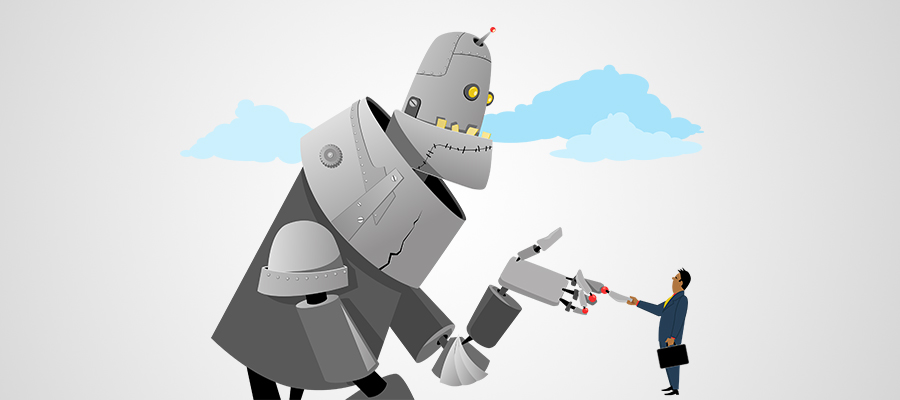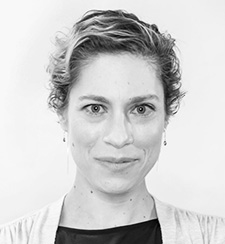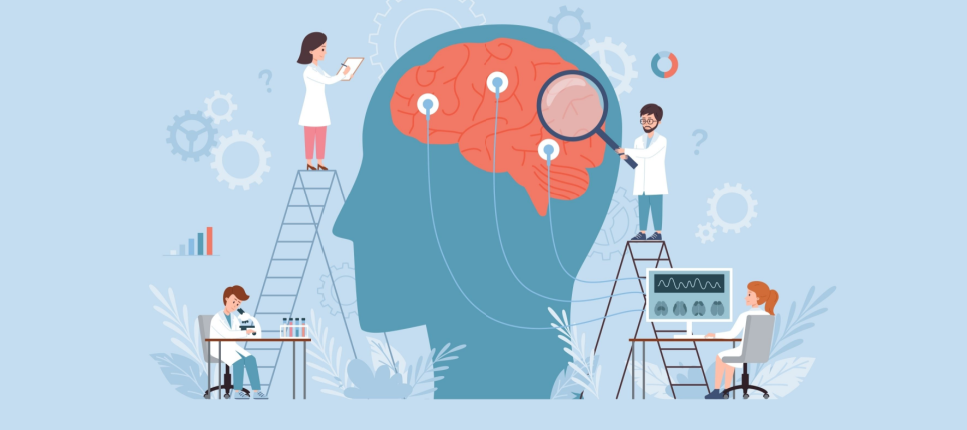Artificial intelligence (AI) is transforming our world. Already present in many sectors of activity, from medicine to transportation and the advent of so-called “intelligent cities”, this technology is here to stay. And yet, its meteoric rise in recent years has triggered both enthusiasm and concern. While some of these reactions are more phantasmagorical – such as the fear of seeing the machine take control of humans – there is no denying that the development and use of AI raises serious ethical and societal issues.
In order to ensure that this technology is humanly responsible, that it serves the common good in the long term, it is essential that it is properly supervised and that the population is educated about it. Here are a few noteworthy initiatives taken in this regard, in Canada and elsewhere.
Finland, a model student. Finland is often at the forefront in many areas and AI is no exception. In 2018, the University of Helsinki launched a free online course for all its citizens on the basics and challenges of AI. Finns who complete the 30-hour course are entitled to credits from the Open University of Helsinki, while foreigners receive a certificate. The course is in the process of being offered in all EU languages.
Training our next generation and educating tomorrow’s society in AI. In 2019, the GAIA (Global Artificial Intelligence Accelerator) research accelerator, the result of a partnership between Ericsson and Mitacs, welcomed 80 research trainees to Montreal to work on AI and machine learning. By the end of the experiment, scheduled for 2022, the trainees will, among other things, be called upon to participate in the development of various aspects of the intelligent city, in addition to finding solutions to the obstacles posed by current wireless networks and to real problems encountered in the industry. Concordia University has 25 students, the largest delegation of the eight participating Canadian universities.
In addition to the study and research programs in place at some of our universities, two Montreal institutes IVADO and Mila have developed a free five-hour MOOC on deep learning.
Finally, AI is now officially part of the Quebec school curriculum. As presented by the Government of Quebec in the spring of 2019, the Digital Action Plan for Education and Higher Education, which aims to foster confident, critical and creative use of digital technology, includes “developing a global understanding of artificial intelligence and its impacts on education, society, culture and politics.”
Proposals in the right direction. Several declarations, recommendations and reports have been produced in recent years to provide a framework for AI (see List), be it on the occasion of world summits, partnerships between countries or at the initiative of leading AI actors, as was the case for the Montreal Declaration for a Responsible Development of Artificial Intelligence, unveiled in 2018. The goal of the Montreal initiative, which seeks to open dialogue at the national and international levels, is first and foremost to provide ethical guidelines for this technology and to guide the digital revolution so that it benefits everyone. Its initiators advocate an inclusive, equitable and ecologically sustainable development of AI.
It should also be noted that France and Canada adopted a joint declaration in 2018 to promote a vision of AI that, while not excluding innovation and economic growth, is centred on the human being (respect for human rights, inclusion and diversity).
Towards a global normative instrument for AI. At the end of 2019, the United Nations Educational, Scientific and Cultural Organization (UNESCO) was given the mandate to work on the ethics of AI, a decision taken unanimously by the 193 UN member countries… a rare occurrence. At the end of the 18 months of planned work, the international experts mandated are to present a global standard-setting instrument to regulate AI — one that does not hinder the innovative forces of the sector.
Among the issues under the microscope are those relating to the dissemination of knowledge and technology, as well as those relating to cultural or gender diversity. It should be noted, however, that no sanctions generally apply with this type of international standard and that the number of organizations that can ensure compliance is limited. Nevertheless, this initiative will allow states to have this necessary discussion and begin to find common ground on the issue.
For ISO certification. Created in 1947, the International Organization for Standardization (ISO) is the world’s largest standards body. Its mission is to produce international standards for quality, safety and efficiency in industrial and commercial fields, known as ISO standards. More than 23 000 ISO standards have been published to date.
A committee of experts, established in 2017, is working on standardization in the field of AI. In addition to defining a common vocabulary and facilitating international trade, this standardization must establish an ethical basis for the development and use of AI systems. Among other things, this group is looking at ways to ensure that this technology can be trusted and to reduce the biases, privacy risks and data misuse that may be associated with it.
Relevant Link :
List of International Artificial Intelligence Initiatives and Standards – List of international initiatives and standards on artificial intelligence established by the Franco-Canadian cooperation, the G7, the OECD, the Tech For Good Summit, the ITU, UNESCO and the Université de Montréal.
Related articles:
- Artificial intelligence: from manual programming to deep learning
- Mini glossary of artificial intelligence
- Artificial intelligence: Montreal, the star of the moment
- Artificial Intelligence: 3 Promising Innovations From Quebec
- AI, make me laugh!
- Human vs. machine battle
- Next-generation personalized learning
- Will a robot replace your job?
Author:
Catherine Meilleur
Creative Content Writer @KnowledgeOne. Questioner of questions. Hyperflexible stubborn. Contemplative yogi.
Catherine Meilleur has over 15 years of experience in research and writing. Having worked as a journalist and educational designer, she is interested in everything related to learning: from educational psychology to neuroscience, and the latest innovations that can serve learners, such as virtual and augmented reality. She is also passionate about issues related to the future of education at a time when a real revolution is taking place, propelled by digital technology and artificial intelligence.






